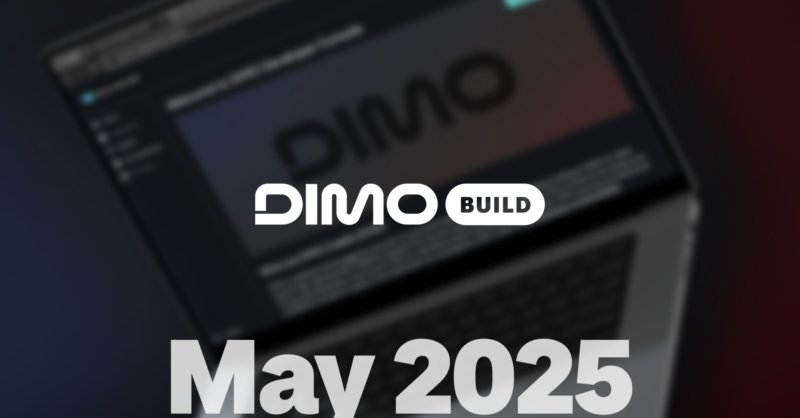SingularityNET and Filecoin Foundation Partner on AI and Decentralized Infrastructure Integration

SingularityNET, an AI platform developer, and the Filecoin Foundation have announced a partnership to integrate AI and decentralized physical infrastructure networks while maintaining decentralization, AI ethics, and data provenance. The collaboration will establish an AI ethics working group to ensure ethical AI development and deployment. The partnership has objectives across different timelines, including using Filecoin’s Lighthouse SDK for metadata storage and integrating Filecoin’s technology stack into SingularityNET for improved security and AI-generated data storage infrastructure. In the long term, the collaboration aims to use Filecoin to manage Knowledge Graphs, essential to SingularityNET’s Knowledge Layer initiative. Both the ASI token and the Filecoin (FIL) token will be used in the partnership.
Related News





